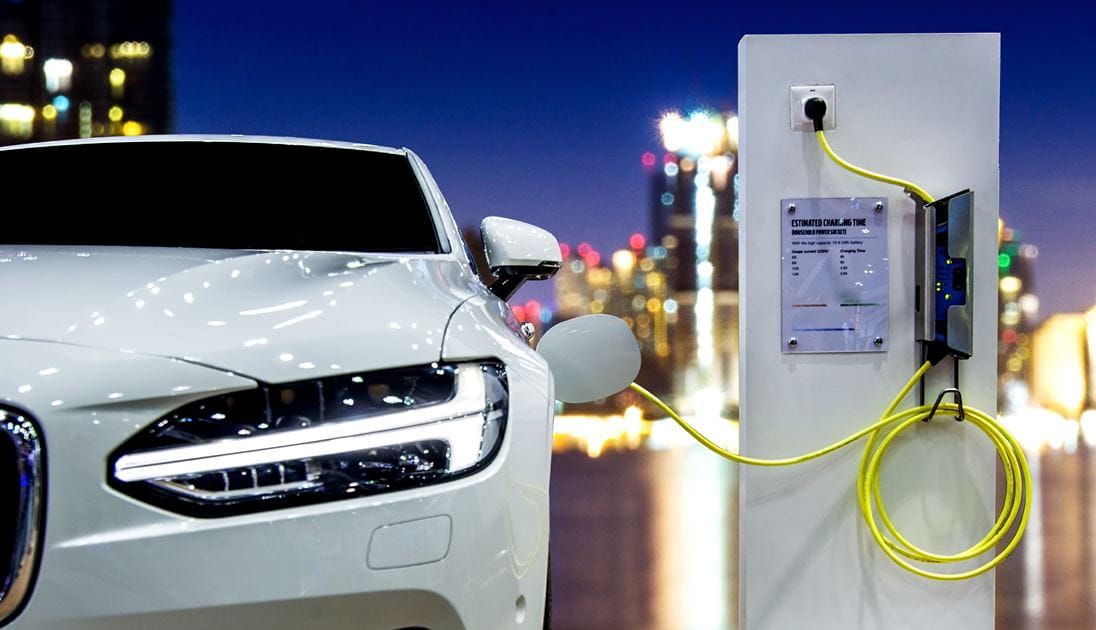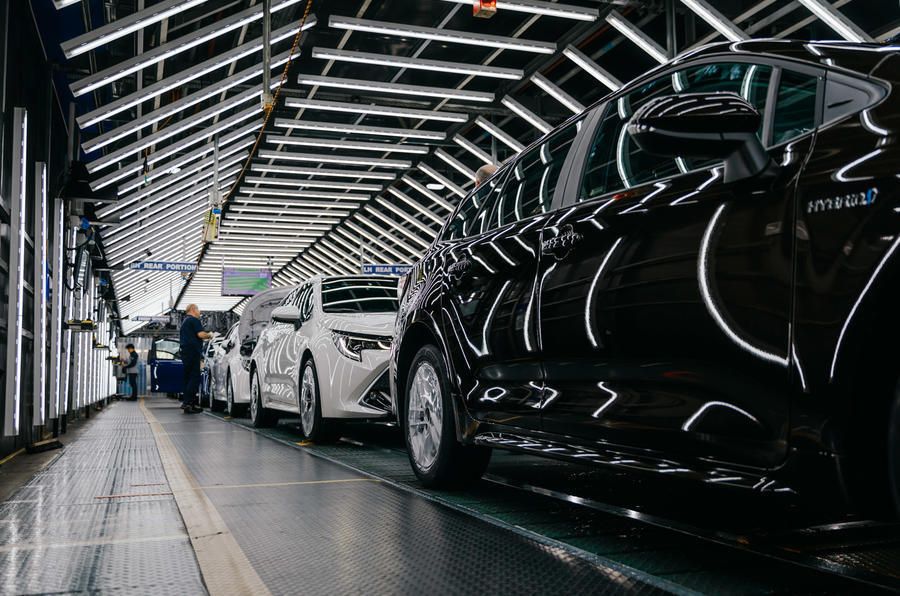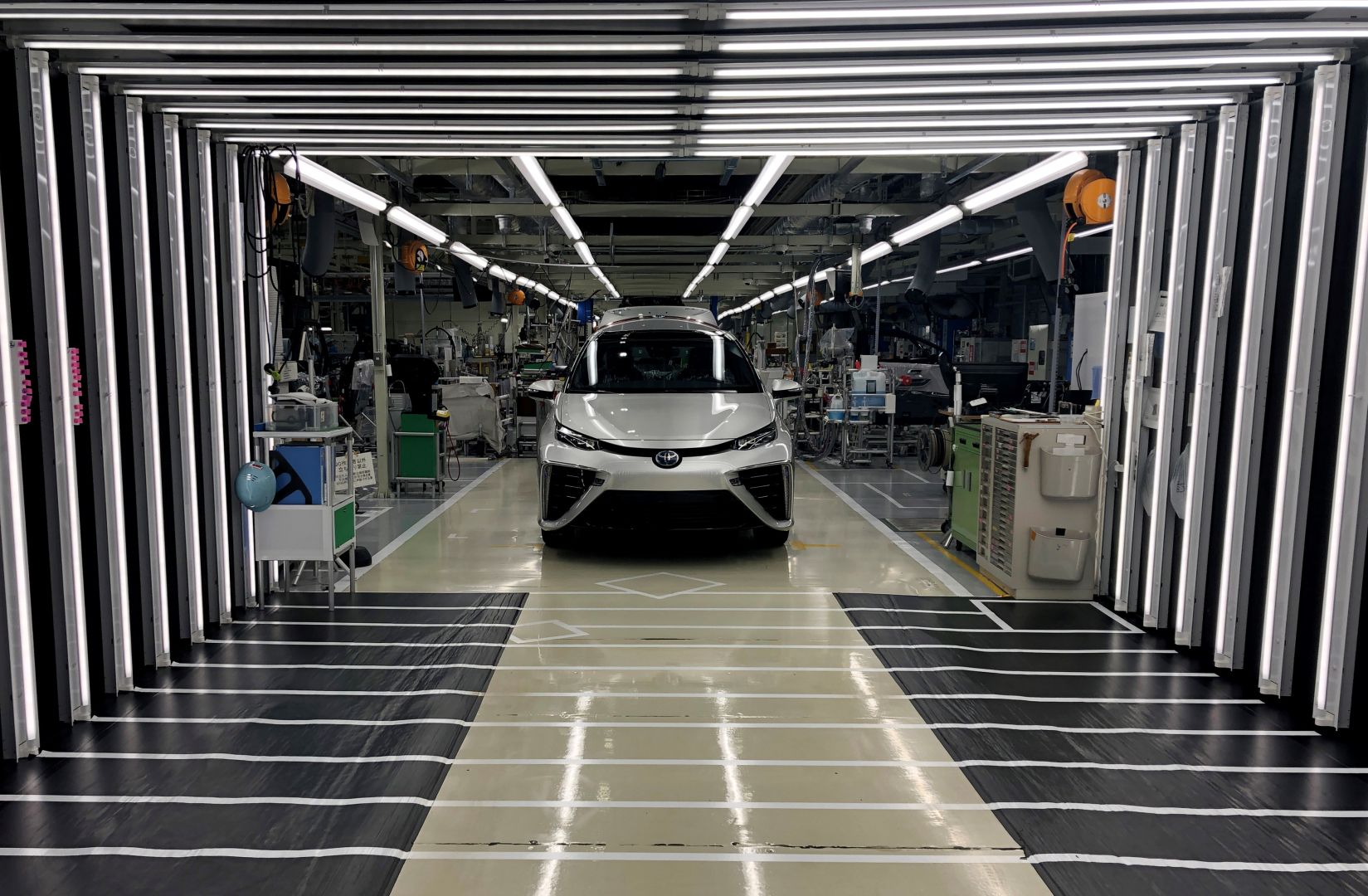Perspectives & Challenges on way to shifting to green cars in Azerbaijan

In a decisive move to safeguard the environment and advance socio-economic goals, Azerbaijan has implemented a groundbreaking decision, limiting the importation of passenger cars over 10 years old into the country. Cabinet of Ministers Decision No. 94 aims to curtail harmful emissions, drive the adoption of environmentally friendly vehicles, and stimulate the growth of the national automobile industry. This article delves into the nuanced aspects of this transition, focusing on the market for hybrid cars and providing more granular details.
The restriction on older cars serves a multitude of purposes, ranging from environmental protection to advancing socio-economic goals outlined in the order titled Azerbaijan 2030: National Priorities for Socio-Economic Development. With over 80% of the country's 1.4 million passenger cars being more than a decade old, the move is expected to bring about several positive changes.

The decision encourages the adoption of hybrid and electric
vehicles, aligning with global efforts to reduce carbon emissions.
Notably, electric cars have been exempted from value-added tax
since 2019, and recent VAT exemptions for hybrid cars underscore
the commitment to cleaner transportation.
The Cabinet of Ministers of the Republic of Azerbaijan, based on proposals prepared by a specially created subgroup within the working group of the Commission on Business Environment and International Ratings, "On changes in the goods nomenclature of the foreign economic activity of the Republic of Azerbaijan, rates of import customs duties and rates of export customs duties," According to Decision No. 411 dated November 11, 2022, the existing 15% import duty on only electric motor passenger cars up to 3 years from the factory release date was set to 0%. At the same time, according to the decision, the import duty rate on the second and third-level electric chargers for electric vehicles was also reduced from 5% to 0%.
Recycle for safer travel
The removal of older cars from circulation is contributing to renewing the national car fleet. This not only enhances road safety by eliminating potential hazards but also aligns with the country's strategic documents, emphasising the need for a modernised transport system.

The restriction opens avenues for stimulating the domestic
automobile industry. With a push towards cleaner energy, there is
an opportunity for the production and promotion of hybrid and
electric vehicles within the country. The exemption of electric
cars from customs duties further incentivizes local manufacturing.
As the automobile sector expands, there is a potential for an
increase in qualified personnel in the field. This aligns with the
broader goals of socio-economic development outlined in
Azerbaijan's strategic documents. The country's commitment to
fostering a skilled workforce is vital for sustainable growth in
the automotive sector.
Concessions for electric and hybrid cars, including VAT exemptions
and customs duty reductions, have been implemented to encourage
their import and use. This aligns with global trends towards
sustainable transportation and positions Azerbaijan as a favourable
market for environmentally conscious consumers.
While the decision promotes positive changes, it's essential to assess the impact on the hybrid car market within Azerbaijan with a more nuanced lens.
Regardless of the increasing interest, challenges persist in the widespread availability of infrastructure for electric vehicles. The limited number of charging points in the country remains a concern for potential buyers. Strategic investments in charging infrastructure will be pivotal in addressing this hurdle.
Bringing these cars into Azerbaijan presents its own set of challenges, particularly related to customs duties and subsequently the high prices placed on the domestic market, especially for electric cars.
Most importantly, the restriction will reduce the supply of older but cheaper passenger cars. This in itself also actualizes the price increase. That is, in the second-hand market, you will see only old cars that have been used in the country. On the other hand, the low age of the cars to be brought to the country means that their price will be high. This can inevitably push buyers to turn to cheap cars, even if they are old on the market. As a result, it leads to a significant price increase.
As previously mentioned, the restriction on older cars has led to a temporary increase in prices for second-hand vehicles, particularly those with an older production year. While official dealers contribute to the hybrid market, the majority of hybrid cars in Azerbaijan are second-hand vehicles imported from Georgia. The foremost challenge is the significant customs duty imposed on hybrid cars. In stark contrast to neighbouring Georgia, where 4 out of every 10 cars are hybrid or electric due to favourable policies, Azerbaijan faces reluctance to reduce customs duties. However, experts believe this rise may stabilise over time, with a modest increase of around 2% anticipated in the near future. Continuous monitoring of market dynamics is crucial for assessing the long-term impact on prices.
In conclusion, Azerbaijan's shift towards hybrid cars aligns with global trends in sustainable transportation. The decision to restrict older cars not only addresses environmental concerns but also sets the stage for a dynamic transformation in the country's automobile industry. As the market adapts to these changes, the government's commitment to sustainable practices and strategic investments in infrastructure will be key to shaping a greener future for Azerbaijan's roads.
---
Nigar Hasanova is AzerNews’ staff journalist, follow her on Twitter: @SNova_000
Follow us on Twitter @ AzerNewsAz
Here we are to serve you with news right now. It does not cost much, but worth your attention.
Choose to support open, independent, quality journalism and subscribe on a monthly basis.
By subscribing to our online newspaper, you can have full digital access to all news, analysis, and much more.
You can also follow AzerNEWS on Twitter @AzerNewsAz or Facebook @AzerNewsNewspaper
Thank you!

